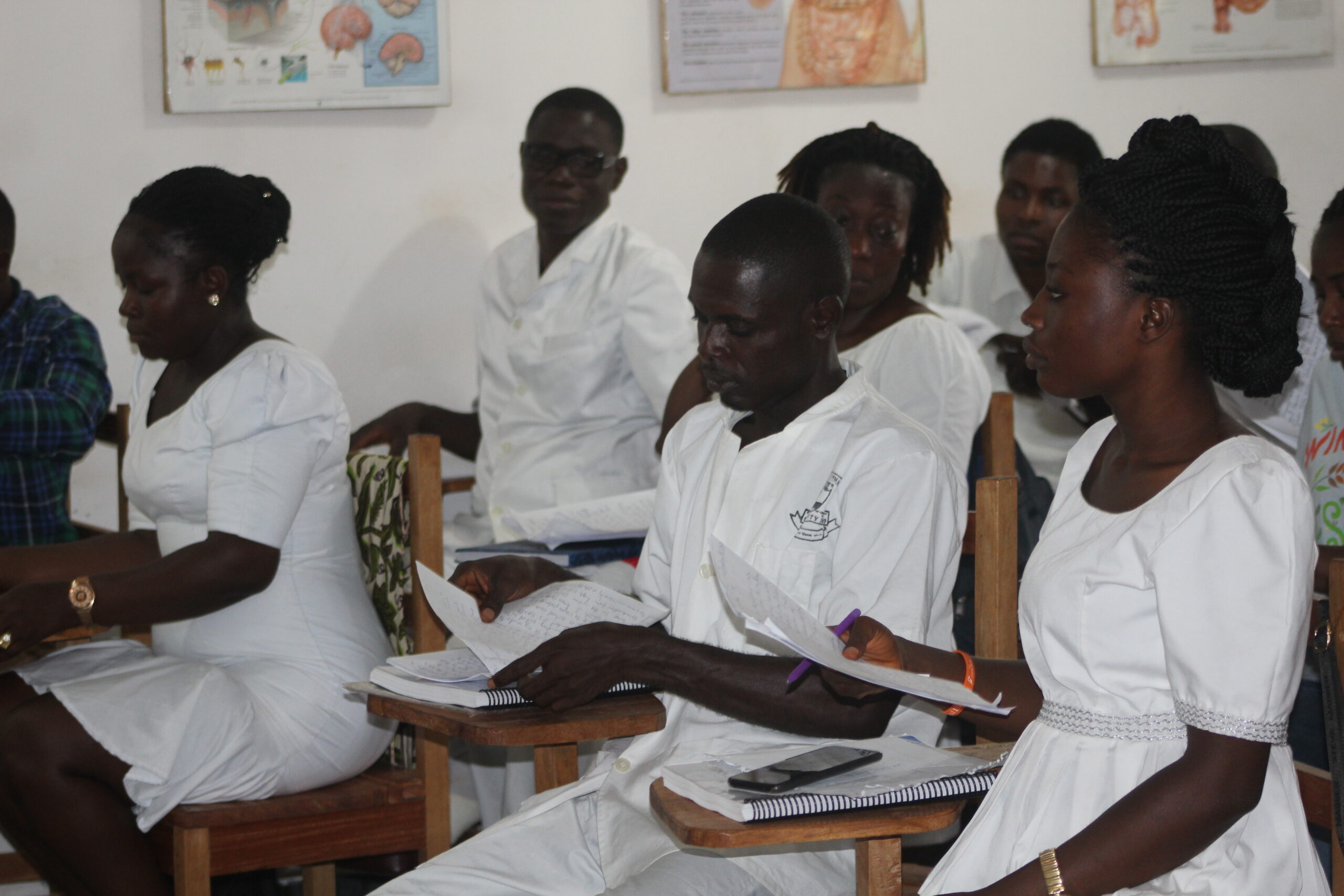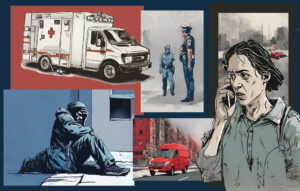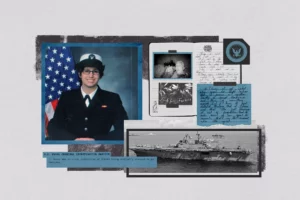
Going Digital: Strengthening Mental Health Education and Clinical Trainings in Liberia
After working with the Ministry of Health and key partners for over a decade, the Carter Center’s Mental Health Program has seen tremendous increases in Liberia’s behavioral health system’s capacity to attend to the immense mental health needs of the population.
Important sustained gains include workforce development, drafting and passage of mental health laws, and building community awareness and advocacy.
Echoing the calls of many global and local Liberian stakeholders, this momentum is needed more than ever.
As global stresses and crises, like the COVID-19 pandemic, proliferate and evolve, the mental health of populations around the world remain at risk. All countries, but particularly those with constrained resources, need a skilled mental health workforce to reduce the impact of crisis and chronic stress on mental health.
Liberia serves as an international model in filling this gap.
Investments in workforce development have spurred a dramatic change from 2009 when there was one psychiatrist in country. Today in 2022, there are three psychiatrists and more than 360 Carter Center-trained post-baccalaureate mental health clinicians, 140 of whom focus on child and adolescent mental health.
More than 50 pharmacists have been trained in psychopharmacology. Also, more than 500 specialists from 70+ government of Liberia public health facilities have been trained in the WHO-endorsed mhGAP Intervention Guide. It is a tool for assessing mental, neurological and substance use disorders in non-specialist health settings.
These significant accomplishments provide a deep reservoir for Liberians to tap into for mental health service provision in times of peace and emergency situations. However, more investment is needed.
Ensuring high quality services and appropriate clinical supervision is especially important in a context with limited specialists. There is a high burden of mental illness and psychosocial distress in caseloads among mid-level healthcare workers who are on the frontlines battling health emergencies such as COVID-19 and Ebola Virus Disease.
Cue Project ECHO – a tele-mentoring and distance learning platform that aims to build workforce capacity in rural and underserved areas.
Developed by Dr. Sanjeev Arora at the University of New Mexico Health Science Center Institute, Project ECHO (Extension for Community Healthcare Outcomes) is a knowledge-sharing model that aims to reduce health disparities by leveraging technology and case-based learning.
Using a hub-and-spoke approach, expert teams lead virtual clinics. ECHO currently has participants in more than 9,000 cities and 180 countries. It aims to touch 1 billion lives by 2025. ECHO participants engage in this virtual community and present real, anonymized cases to subject matter experts. They provide their peers with shared support, guidance and feedback, and then incorporate their learnings into daily practice.
Through the Project ECHO platform, the Carter Center Mental Health Program sees a viable path for facilitating continuing education to practicing mental health clinicians and relevant healthcare workers responding to mental health needs across Liberia.
However, to realize the potential of the platform, key challenges must be addressed. Internet coverage in Liberia, like many low-income countries, remains poor. To avoid deepening inequality in access to education and supervision, providing internet and data phone cards helps enhance attendance of participating clinicians. Digital delivery enables widespread access to trainings. It increases equity in professional growth and improves feasibility of continuing education at a time when face-to-face interactions are limited by the pandemic.
Lastly, contextualized curriculum and locally tailored and case-based learning are essential. The curriculum for ECHO sessions is developed and led by local, expert faculty from the Liberian post-baccalaureate mental health training program. They are supported by international practitioners and clinicians. The curriculum and effort are linked to local schools of nursing that are prepared to assist in education and training of mental healthcare workers over the longer term.
Taken together, these efforts build the foundation for a virtual psychiatric Mental Health Community of Practice in Liberia. With further support, digital platforms such as ECHO can bridge efforts across borders, and enhance solidarity, knowledge-sharing, and impact with other countries in Africa and globally.



